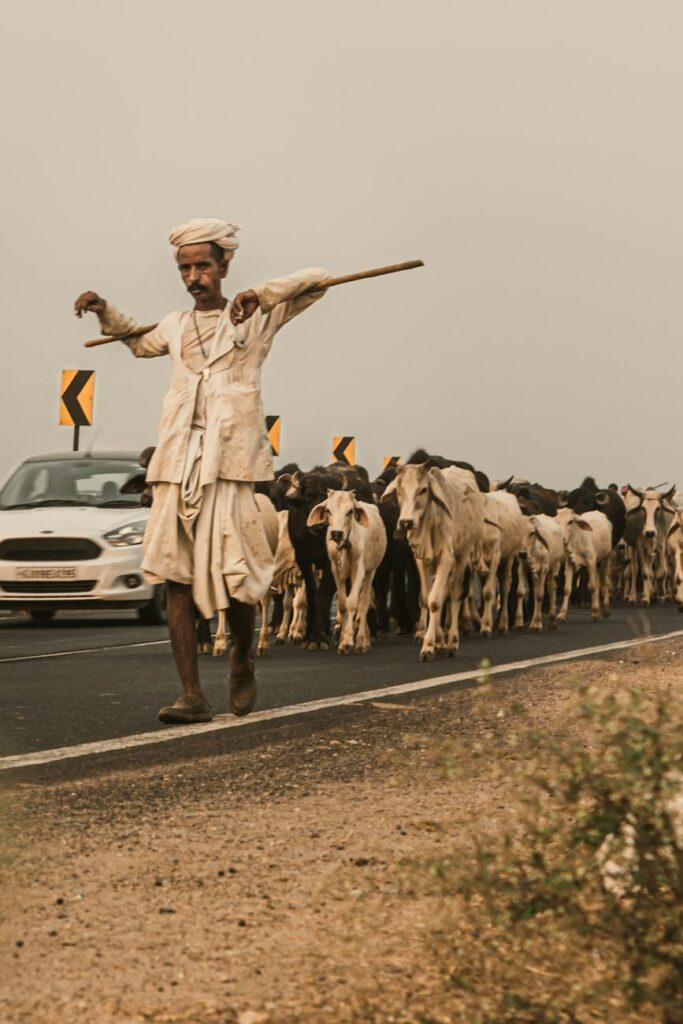The upcoming Rajasthan elections are shaping up to be a critical contest, especially with the Old Pension Scheme (OPS) emerging as a significant issue. Scheduled for November 25, 2023, these elections will see the Congress party seeking to retain power against the BJP, amidst various factors influencing voter sentiment.

Highlights:
- The Old Pension Scheme (OPS) Emerges as a Key Issue: The OPS has become a central theme, with employees across five states, including Rajasthan, actively campaigning for its retention.
- Congress’s Welfare Schemes vs. Local Caste Equations: The Congress party’s array of welfare schemes faces the traditional dynamics of caste-based voting.
- Election Dynamics: The Rajasthan Assembly comprises 200 seats, with the Congress currently holding a majority.
In-Depth Analysis:
1. The Significance of the OPS: The OPS is notably gaining traction among government employees, who have launched a ‘Vote for OPS’ campaign. This issue could potentially sway votes, considering the government employees’ collective support for the scheme, particularly in Rajasthan, where OPS was successfully implemented.
2. Congress’s Welfare Schemes and Voter Response: Chief Minister Ashok Gehlot’s government has introduced several welfare schemes, focusing notably on women, who comprise a significant portion of the electorate. However, while some voters appreciate these schemes, others express concerns over other civic issues like drinking water and road conditions, suggesting that welfare schemes alone may not be sufficient to secure votes.
3. The Role of Caste in Voting: Despite the focus on development and welfare schemes, traditional caste equations are expected to influence voter choices significantly. These longstanding social structures often dictate voting patterns, sometimes overriding policy and development considerations.
4. The Current Political Landscape: In the upcoming elections, out of 200 seats, the Congress party currently holds 108. In contrast, the BJP has 70 seats. The election will be a test for both parties, with Congress aiming to overcome internal challenges and the BJP looking to increase its presence.
5. Voter Demographics and Trends: With a total of 5.25 crore voters, including a significant number of first-time voters, the election outcome will depend on various factors, including party policies, caste dynamics, and the effectiveness of recent welfare schemes. Special attention is being paid to the role of women voters and their response to the targeted welfare initiatives by the Congress government.
The Rajasthan Legislative Assembly elections are poised at a critical juncture, with the OPS issue, welfare schemes, and traditional caste dynamics playing crucial roles. As the Congress and BJP gear up for a significant political battle, the election results will reflect not only the state’s political landscape but also the effectiveness of various campaign strategies and issues resonating with the electorate. The outcome will be keenly observed, as it could set the tone for future political contests in the region.








